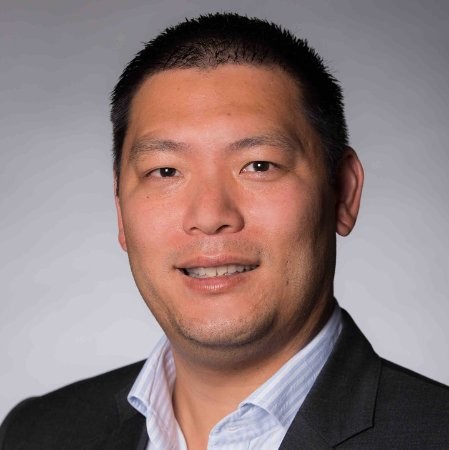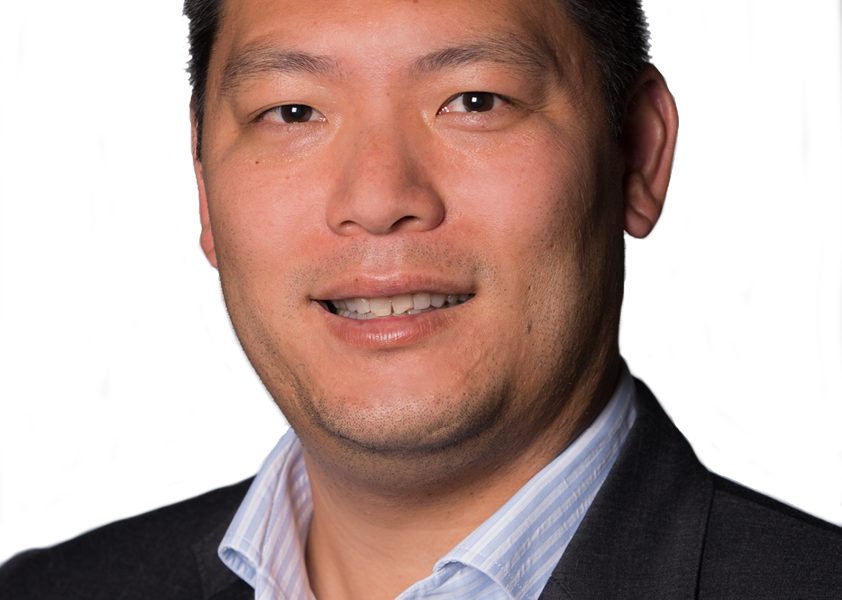When you think of the world of tech innovation, the healthcare space probably isn’t the first to pop into your head. But for David Chou (LinkedIn), healthcare and IT go hand-in-hand. David has been a leader in the digital space of the healthcare world for decades, serving in executive positions at Cleveland Clinic, Children’s Mercy Hospital, University Of Mississippi Medical Center, AHMC Healthcare, and Prime Healthcare. He just took on a new role as the VP and Principal Analyst for Constellation Research, where he will continue to revolutionize the digital healthcare space.
In this episode, David and Ian discuss the ways healthcare has become one of the most digitally-focused industries in the world, and the challenges everyone in the field had to overcome in order to get there. Today, you have access to your doctor or healthcare practitioner from the palm of your hand. Your entire medical history can be brought up with a few simple clicks. But how did we get there? And where will we go in the future?
Here are the answers to those questions.
Trends in the technological advancements in healthcare:
The biggest reason for the change in the healthcare industry is consumer expectation. Patients have choices now, and they are no longer confined to seeing a doctor only in their own geographic region. Technology allows patients to see any doctor, anywhere in the world, from the comfort of their home. But when it comes down to it, healthcare is still about patient care. And the new model healthcare is transitioning toward is based on value, and how you take care of a population pool.
“In terms of the future, it’s not ‘how many patients are you going to see?’” David says. “It’s ‘how many patients are you not going to see because you’re more focused on wellness and keeping them out.’”
What does mobile look like for health IT?
David emphasizes that having resources in the palm of your hand is incredible. You basically have a doctor, a nurse or some kind of healthcare provider in your pocket. But, there is still a learning gap with practitioners who are not used to doing work on a mobile device. Training needs to start happening in the education space, so that nurses and doctors are natively trained in mobile-first technology when they enter the workforce.
“As the next generation of professionals grows to become the next leaders, I think the way they work is going to be different,” David says. “The future of work is all going to change, regardless of what industry you’re in.”
Being a leader and advancing new ideas:
When you are a CIO, David says that you really have to think about the business model. You have to understand what you’re doing, and how it’s affecting the employees, the investments, the bottom line, and all other aspects of an organization.
“You have to understand the operations,” David stresses. “I’ve sat in every department trying to figure out how they operate.”
He also notes that, to some extent, every organization is dysfunctional – and that hampers people from moving forward. To get ahead, you need to realize that you can be strategic and present ideas to make things a little better.
“When I look at CIO’s, I think the “I” really stands for influence,” he says. “You’re the chief influence officer. You are always trying to sell ideas… You have to persuade people that this is the right path, and you have to persuade the boots on the ground to execute. You’re constantly selling and getting people to believe. You just need one good idea to make a lot of positive impact happen within an organization.”
To listen to the entire interview, click here.



